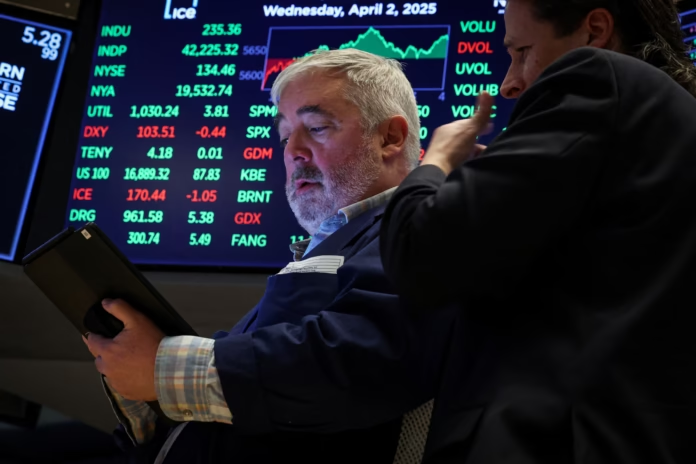Fears of a US recession are rising after recent job data showed a significant slowdown in hiring. Employers added only 35,000 jobs monthly over the last quarter, a sharp decline from earlier figures. This marks the slowest pace of job creation since 2020. Alongside this, GDP growth dropped to an annualized rate of 1.2%, down from last year’s stronger performance. Many economists now question whether these signs point to a broader downturn.
Some experts argue that the recent slowdown signals a rising risk of a US recession. Harry Holzer, an economist from Georgetown University, said the weak job numbers increase concern. However, he also stressed that this could be a temporary dip. It may reflect an isolated adjustment rather than a deeper economic problem. Others agree that while the numbers are worrying, it’s still too early to predict a confirmed recession.
Unemployment remains low overall, but job losses have started to appear in specific sectors. Black workers saw an uptick in unemployment, which can sometimes signal early weakness in the labor market. At the same time, consumer spending stayed positive over the last three months. Corporate earnings also remain solid despite slowing job growth. These mixed signals are fueling debate among analysts and economists.
Tensions rose when President Trump fired BLS Commissioner Erika McEntarfer shortly after the report’s release. Trump accused her of manipulating data, though no evidence supported the claim. Many economists criticized the dismissal as politically motivated and damaging to statistical integrity. Former BLS head William Beach condemned the move as reckless and unjustified. McEntarfer thanked her colleagues and called the Bureau’s work vital to the nation’s economy.
Trump defended his administration’s performance, citing strong investment growth and manufacturing gains. However, others blame his tariff policies for slowing economic momentum. Mark Zandi from Moody’s Analytics warned that tariffs are weighing heavily on growth. He pointed to import taxes on steel, aluminum, and cars as pressure points for businesses. These costs often get passed to consumers, reducing overall demand.
The US recession risk continues to climb as trade tensions mix with weak job growth. Some experts warn that avoiding a downturn will be difficult under current policy. Still, others note that spending remains strong, and corporate profits haven’t collapsed. The stock market dipped after the jobs report but quickly rebounded. That bounce suggests investors still have confidence in the broader economy.
To officially declare a US recession, the National Bureau of Economic Research requires more than just weak GDP. It looks at job losses, production, and other broad economic indicators. While some metrics show weakness, others suggest resilience. As the data sends mixed signals, analysts remain split. The road ahead will depend on whether hiring rebounds or continues to slow.
For more business updates, visit DC Brief.


